In a city transformed by online shopping, four young entrepreneurs spotted an opportunity; what if local fashion brands had a physical space where customers could try on designs firsthand?
Back in December 2022, that simple idea led Mohannad Saleh, 24, Mostafa El Serag, 25, Mina Maged, 30, and Youssef El Hawary, 25, to open a small store in the basement of a New Cairo villa. There was no billboard, no major campaign, just racks of clothing from online-based Egyptian brands and a shared belief that shopping local could be better.
An idea grew bigger than the basement.
Founded during a time of sharp inflation that widened the gap between international and local brands, Locally arrived and it changed the game.
As Egypt faces rising inflation and shifting economic conditions, more consumers are turning to local brands. Locally taps into this growing trend, offering shoppers a space to discover and support Egyptian designers.
According to PwC’s Global Consumer Insights Survey 2022, 83 percent of Egyptian consumers are willing to pay more for products made or sourced locally, reflecting a growing support for homegrown businesses. In a time when inflation has strained household budgets.
Egypt’s annual urban inflation reached 24 percent in January 2025, many consumers have been cutting back on discretionary spending. An Ipsos survey 2024, also found that 96 percent of Egyptians noticed significant price increases over the past year, leading to shifts in purchasing behavior.
As of 2024, local shopping trends have also been shaped by political and cultural shifts. In the wake of the war on Gaza, boycott campaigns targeting international brands gained momentum across the region.
One notable example was Zara, which faced backlash after releasing a campaign that many critics said resembled scenes of destruction in Gaza. As public support for the Palestinian cause grew, more Egyptians began actively seeking out homegrown alternatives, giving local brands an even stronger foothold in the market.
Meanwhile, online shopping remains a primary method of shopping; PwC’s Voice of the Consumer survey 2025 indicated that 46 percent of Egyptian consumers shop online weekly via their mobile phones.
Locally offers a refreshing alternative, an opportunity for people to engage with local brands and support homegrown talent.
“Even international brands were struggling to get stock because of customs, and prices were skyrocketing,” says Mohannad Saleh, co-founder of Locally. “People started leaning towards local, but shopping online came with a lot of issues like returns and sizing. We wanted to offer something that didn’t exist virtually, a place where people could come and try things on.”
For consumers, buying local used to mean following Instagram pages, placing orders in DMs, and hoping for the best. For small business owners, it meant being largely invisible to anyone who was not already following them.
When Locally opened its doors, people showed up. Then they kept showing up, so much so that the founders quickly outgrew the basement setup. Within two years, they expanded to four branches: Park Mall in New Cairo, Citystars in Nasr City, Arkan Plaza in Sheikh Zayed, and Courtyard Maadi.
But scaling up was not easy.
“Our biggest challenge was that we had no precedent to follow,” Saleh explains. “Everything we did, we were doing for the first time. We went from operating on a small basement scale to competing with international names in malls, with no guidebook.”
A Movement in the Making
Locally did not just give exposure to Egyptian brands, it changed how they were perceived.
By curating dozens of fashion and accessory labels under one roof, the store gave small businesses a physical presence and a kind of legitimacy that online platforms could not provide. For customers, it created a one-stop destination to discover and support local design, without the friction of scattered online orders.
Each brand selection is deliberate.
“First, quality control, the product has to meet a certain standard,” says Saleh. “Second, variety — each branch needs a wide selection for both genders. And third, pricing — it has to be value for money based on the quality.”
Since Locally opened, concept stores with a similar model have popped up across the country.
“When we started, there was barely anyone else doing this,” Saleh says. “Now we have many competitors. But it’s healthy, it expands the market, and it pushes us to work even harder to offer the best customer experience.”
And according to Saleh, Locally has helped reshape how people think about shopping locally altogether.
“The amount of people who were exposed to local brands because of us was insane. Before, you could only see designs online, you couldn’t feel the quality or check the sizing. We grew the market into a real hub for local brands.”
Looking ahead, Locally is not slowing down. An application is in the works, and worldwide shipping is coming soon to cater to customers across the gulf countries.
“You can also expect two new stores,” Saleh shares, “and by the end of next year, we’re hoping to go international.”
As Egypt’s economy pushes people to look inward, shopping local is no longer just about affordability, it is becoming a way to support a wider creative ecosystem. Locally’s story shows just how quickly an idea can turn into a movement.
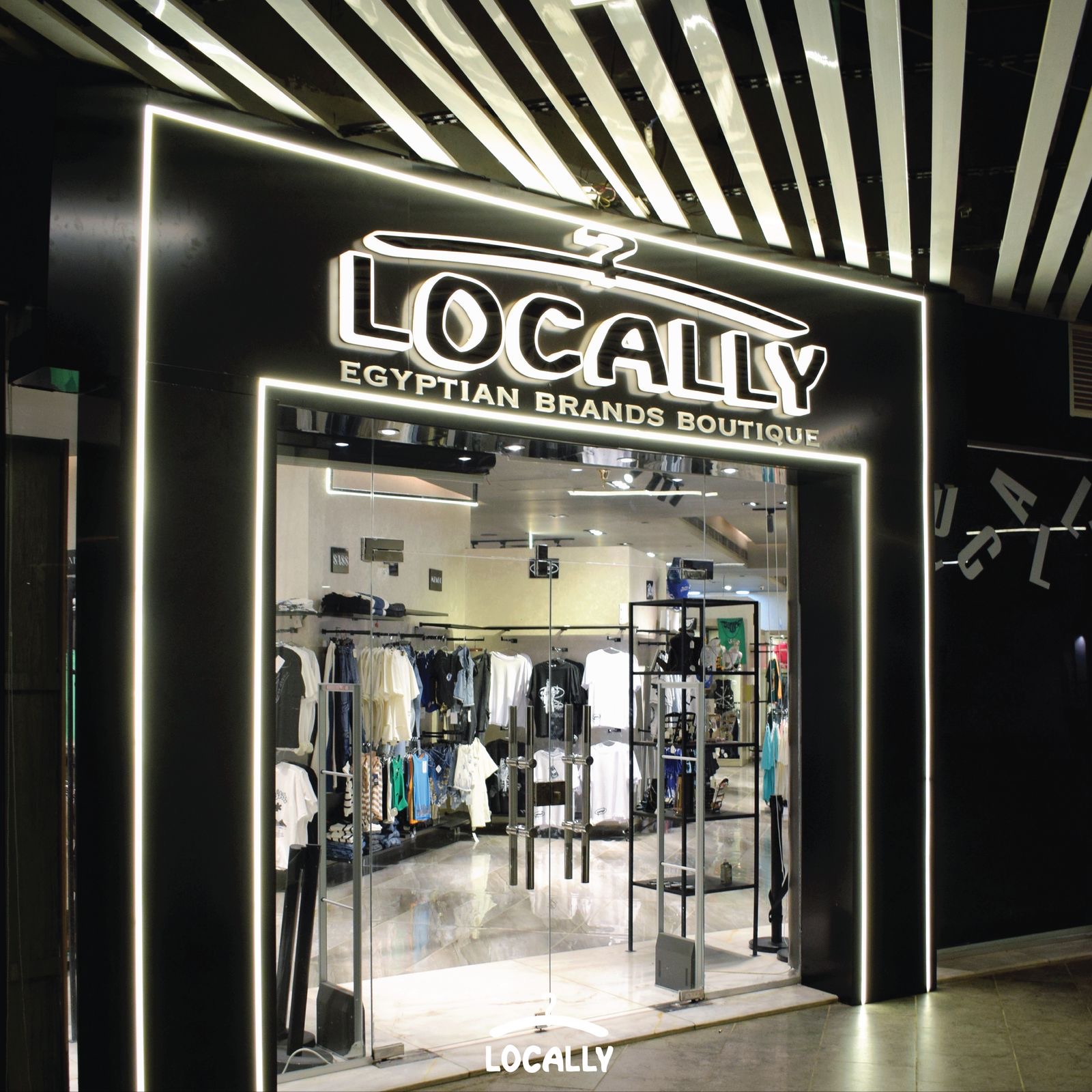
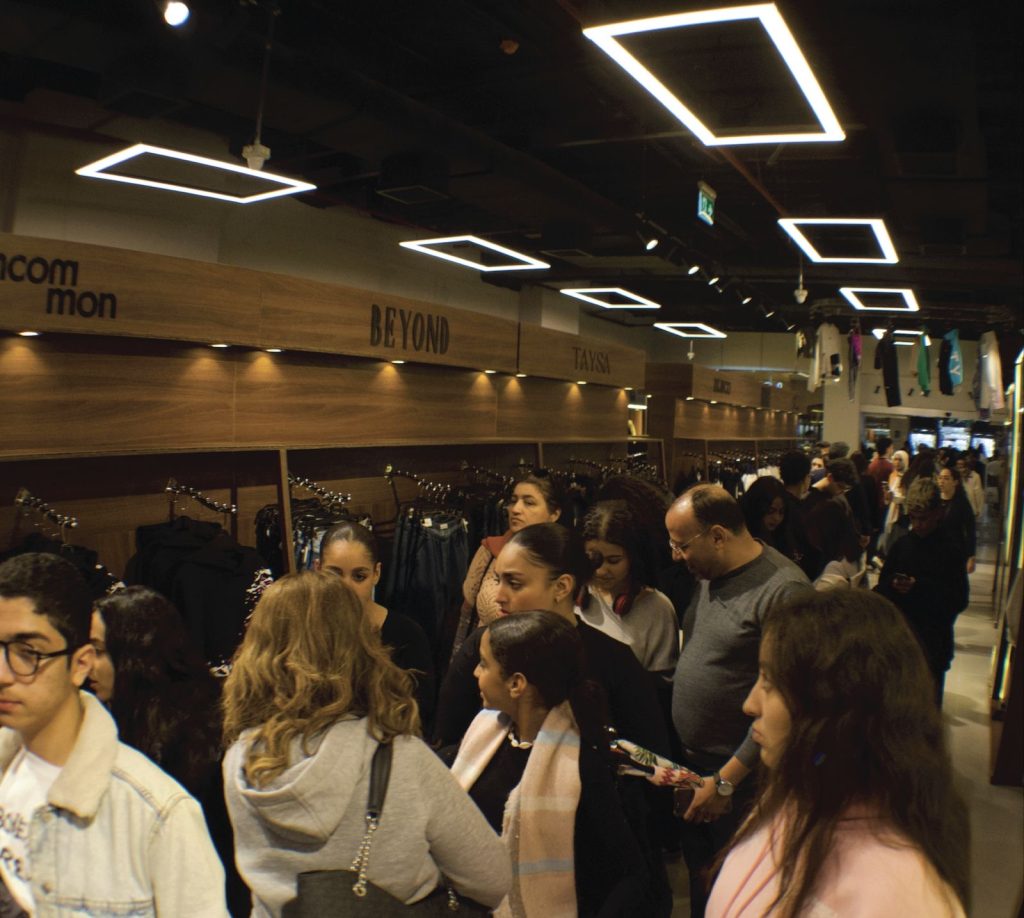
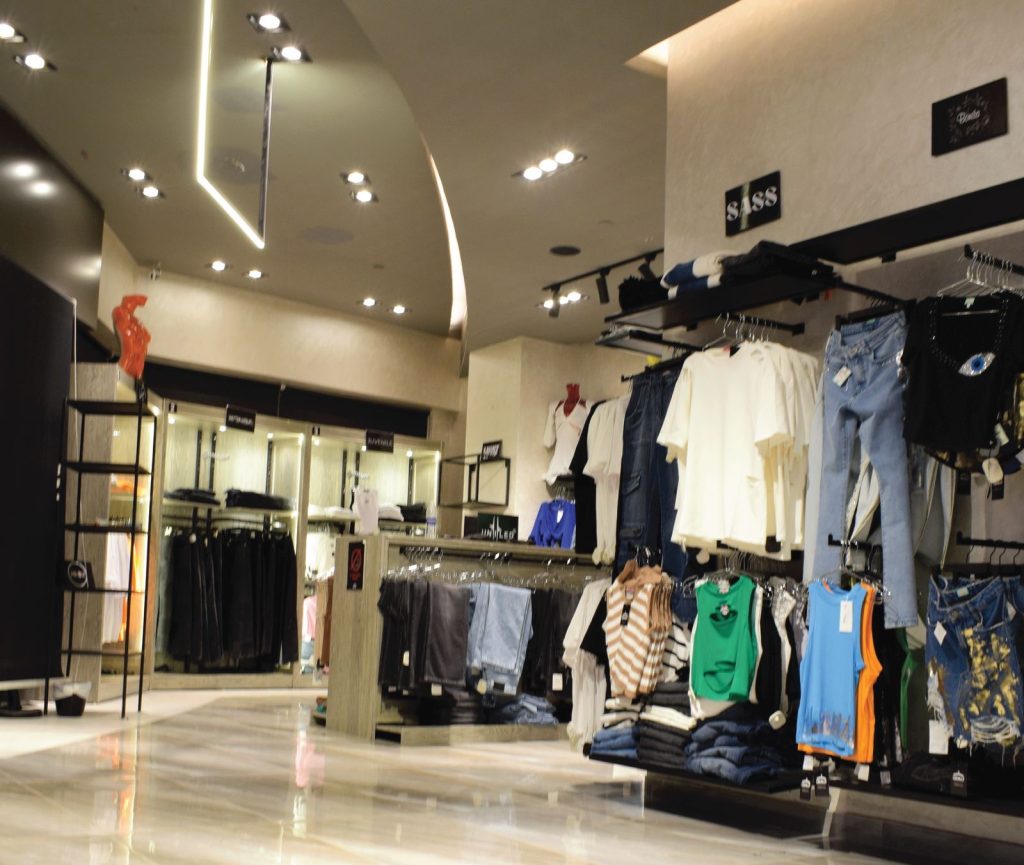


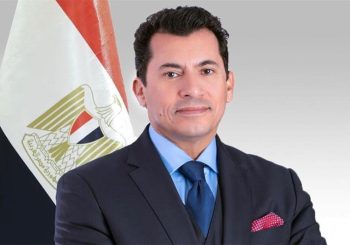

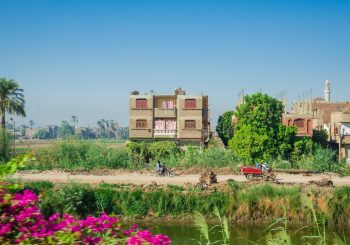
Comments (0)